FOR IMMEDIATE RELEASE
July 27, 2019
Media Contact: Samantha Pedder
[email protected]
National Workgroup Builds on Momentum to Advance Recruitment, Retention, and Reactivation Efforts
National R3 Implementation Workgroup poised to tackle national barriers which are preventing the advancement of efforts to Recruit, Retain, and Reactivate (R3) hunters, target shooters, and other outdoor recreationists.
Washington, D.C. – On Tuesday, July 23, 2019, the National R3 Implementation Workgroup (IWG) met in Des Moines, IA to develop its next steps to tackle barriers preventing the advancement of national and regional efforts to recruit, retain, and reactivate hunters, target shooters, and other outdoor recreationists. The IWG is an initiative developed, and whose efforts are facilitated, by the Council to Advance Hunting and the Shooting Sports (Council).
The IWG was initiated after the success of the first-ever National R3 Symposium, hosted by the Council in 2018 in Lincoln, NE. “After the impressive response to the 2018 Symposium and witnessing the rapid investments made by state fish and wildlife agencies, conservation nonprofits, and other partners into R3 positions and programs in the last three years, it is clear that the Conservation Community does not take lightly to the predicted shifts in participation in the hunting and target shooting,” commented John Frampton, President and CEO of the Council. “The Council Board recognized this unprecedented response and challenged our staff to identify and develop solutions for barriers that might prevent further progression in implementing the National Hunting and Shooting Sports Action Plan and larger, more strategic R3 efforts.”
To meet this challenge, the Council formed the IWG, which includes 31 R3 experts representing eight nonprofits, 11 state and federal fish and wildlife agencies, and 10 industry partners. “The IWG includes some of the leading R3 experts in the field right now. Each member brings their own technical expertise and experience in leading R3 efforts for their own organizations, and all have a common motivation in ensuring that national R3 efforts advance,” stated Samantha Pedder, Director of Operations for the Council, and co-chair of the IWG. To date, members of the IWG have dedicated more than 1,750 collective hours to identify 10 key R3 Implementation Priorities and 74 different needs, which if addressed would radically advance national, regional, and state R3 efforts. This unprecedented progress was documented in the National R3 Implementation Workgroup Interim Report released earlier this summer.
At the most recent meeting, the IWG achieved the next level in progression of truly tackling the barriers to R3 that they identified. To inform their efforts, the Council delivered a survey of R3 coordinators, Hunter Education Coordinators, and the collective R3 Community to prioritize the identified needs and provide information for the IWG to develop the next steps. Throughout the meeting, the members of the IWG reviewed the results and began the creation of a work plan to produce solutions for the challenges noted in the Interim Report. “Through the work of the IWG, we have identified areas where members can leverage their expertise and work to develop the prioritized products and solutions that the R3 Initiative needs right now,” commented Kristen Black, Manager of Communications and Human Dimensions for the Council, and the other co-chair of the IWG.
“Members of the IWG have not only demonstrated that there is still work left to do to advance the R3 Initiative, but they have also committed to working together with the Council on an aggressive timeline to make those solutions and products a reality,” commented Frampton.
The Council and members of the IWG look forward to continuing their efforts to advance the National R3 Initiative and welcome the input of their colleagues as we do so.




 massmonopoly
massmonopoly R3 PRACTITIONER’S GUIDE
R3 PRACTITIONER’S GUIDE